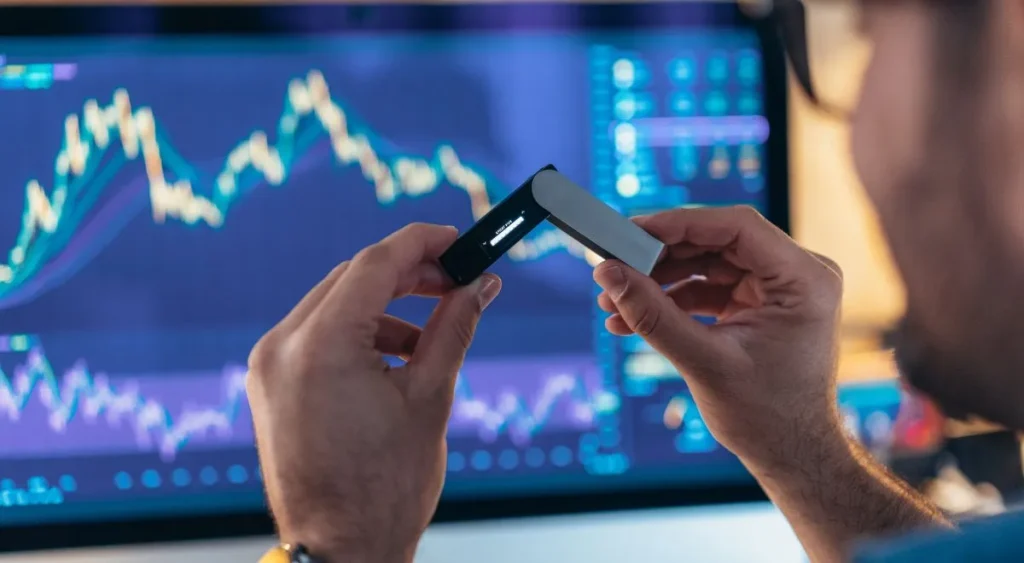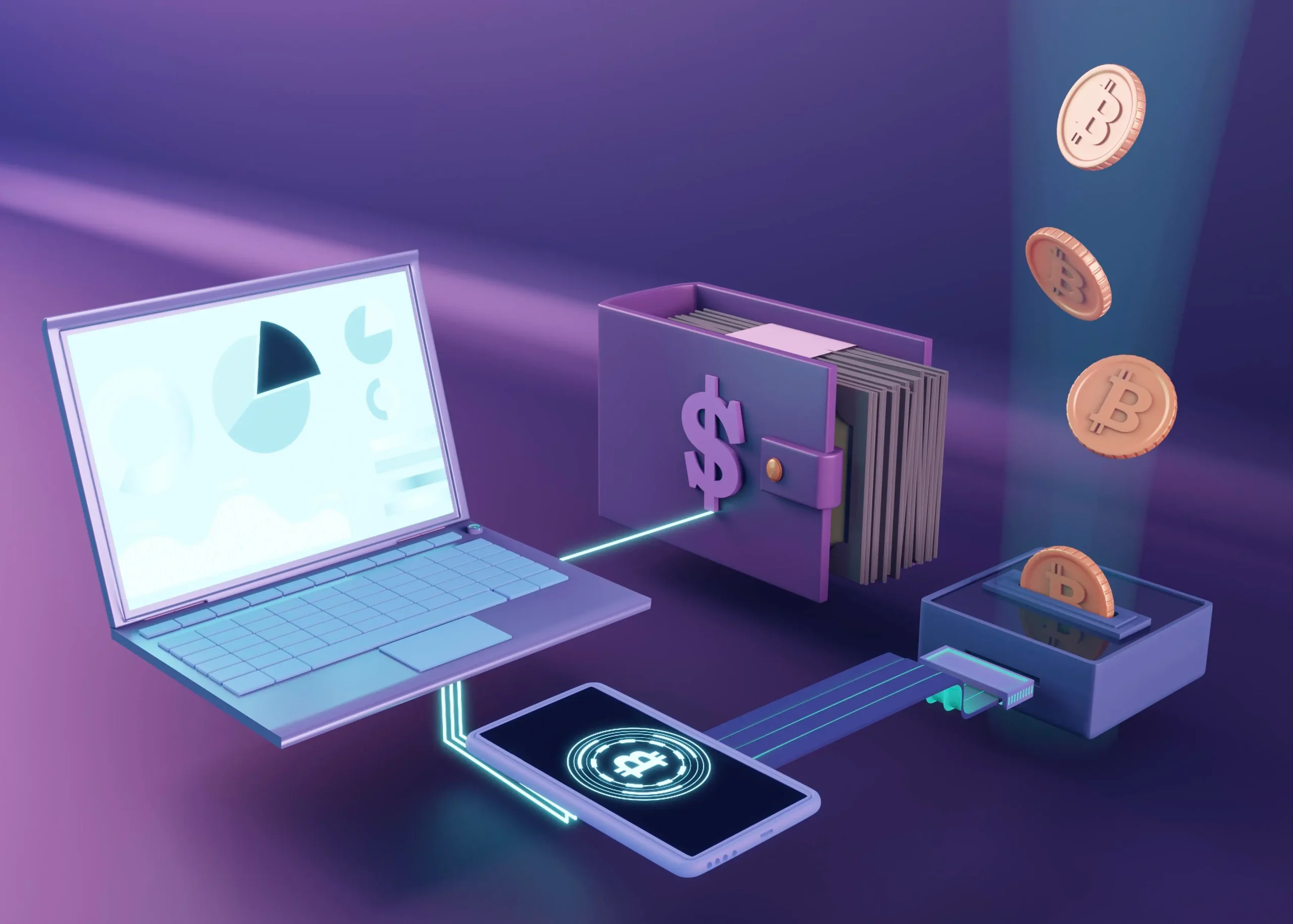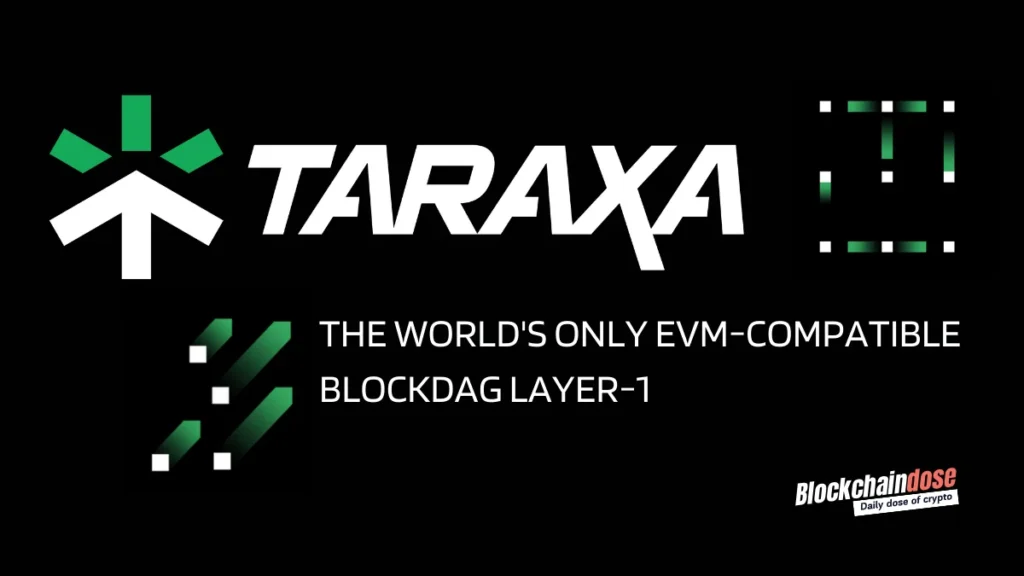As the popularity of cryptocurrencies continues to grow, securing your crypto wallet becomes paramount. Crypto wallets are digital containers that store your private keys, enabling you to access and manage your digital assets. Given the decentralized and irreversible nature of cryptocurrency transactions, it is crucial to adopt robust security measures for crypto wallet security.
Over the past few months, there seems to be a gradual rise in hacks. The majority of users never get their hard-earned online funds back after losing them due to wallet vulnerability. The greatest approach to stop wallet hacking is to be aware of safe practices. Avoid becoming the next hacker victim. You’ll get high-level, useful advice for protecting cryptocurrency wallets from this brief post.
What are Crypto Wallets?
A cryptocurrency wallet might be an actual device or an online platform that stores your keys, both private and public, allowing you to conduct transactions. You can use your wallet’s address to receive cryptocurrency and send it from there.
Both public and private encryption keys are the only things that a cryptocurrency wallet technically stores, not the actual cryptocurrency. Your wallet can read your information from the distributed public ledger and show your balances by using your private and public keys. Let’s review the value of private keys as well as public keys in brief.
A private key is a unique combination of cryptographic numbers that enables you to authorize transactions using cryptocurrency. On the other hand, a public key is an alphanumeric number that is publicly available for cryptography and links to your address. Your account number is the public key, and your bank transaction pin is the private key.
Also read: The Ultimate Guide to Crypto Wallets: Understanding the Basics
Hot wallets vs. Cold wallets
Choosing between a cold and hot wallet is one of the choices you have to make about the security of your cryptocurrency wallet. They all store things in different ways.

Hot wallets:
Hot wallets are cryptocurrency accounts that operate online. They can only be accessed via software, extensions, mobile applications, or websites. Phantom and MetaMask are two examples.
Hot wallets:
Let us now move on to cold storage or hardware. Cold storage, on the other hand, uses physical, hand-held objects and is offline. Trezor and Ledger are two of the most well-known cold wallets.
| Feature | Cold Wallets | Hot Wallets |
| Storage Location | Typically offline, not connected to the internet | Connected to the internet |
| Security | High security due to offline storage | Lower security due to online accessibility |
| Accessibility | Less accessible, transactions involve manual steps | More accessible, quick transactions online |
| Use Case | Long-term storage, secure holdings | Daily transactions, trading, and quick access |
| Examples | Hardware wallets, paper wallets, air-gapped setups | Software wallets, mobile wallets, online exchanges |
| Protection from Hacks | Resistant to online hacking attempts | More vulnerable to online hacking and phishing |
| Setup Complexity | Typically involves additional setup steps | Easier setup, often just requires software installation |
| Transaction Speed | Slower due to manual steps and offline nature | Faster, as transactions occur online in real-time |
| Backup and Recovery | Requires careful backup and secure storage of recovery seeds | Easier recovery processes, often through account credentials |
| Risk of Loss or Damage | Lower risk, especially if physical devices are used | Higher risk, as they are susceptible to online threats |
| Usage for Crypto Storage | Recommended for significant amounts, long-term storage | Suitable for smaller amounts used for everyday transactions |
| Costs | May involve upfront hardware costs | Often free or low-cost for software wallet applications |
Threats to Crypto Wallets
Phishing attacks consist of tricking people into providing personal information by pretending to be trustworthy organizations. Attackers are able to act as genuine websites or emails when it comes to cryptocurrency wallets and ask customers to input their recovery phrases or private keys.

Malware and Keyloggers:
Malicious software, such as keyloggers and other types of malware, can compromise the security of crypto wallets. These programs can record keystrokes, capture screen activity, or even directly manipulate transactions, allowing attackers to gain unauthorized access to private keys and other sensitive information.
Physical Threats:
Physical threats involve the loss or theft of the physical device or paper containing the crypto wallet information. This could include hardware wallets, paper wallets, or any physical representation of private keys or recovery phrases.
Exchange and Platform Vulnerabilities:
Cryptocurrency wallets are frequently used with different platforms and exchanges. Security holes in these platforms can give rise to threats like hacking events, breaches of security, or inside assaults that may risk the accounts of users and the wallets linked with them.
Also read : A Complete guide to Choose a Crypto Wallet That Fits Your Needs
Top 10 Tips to Secure your Crypto Wallet Use Hardware Wallet
Here are top 10 tips for the crypto wallet security.
1.Use Hardware Wallet
Avoid storing your entire life money in a hot storage. They are open to scamming and other types of attacks, thus it is dangerous to use. On the other hand, complete control over your money is provided by cold storage. You are the only person who has access to it; barely any internet manipulation will work. It is better to keep sensitive items like funds secretly in cold storage.
An operating system built for offline use, such as TailsOS, can be used. To reduce your risk of internet threats when creating your seed phrase, check that the hardware wallet you are using is connected to a secure network. A hardware wallet made especially for storing cryptocurrency securely is available for purchase. Your keys are kept offline by these devices, which provides an additional degree of security to crypto wallets.
Be careful of your digital trace; to preserve your privacy, try turning off your laptop’s microphone and camera. To reduce any security threats, remove every electronic device from the area where you’re dealing with private blockchain assets.
2.Don’t Fall for Phishing Scams
Phishing scams can be most difficult for innocent individuals to recognize. Through the use of these harmful techniques, people can be able to browse an application or website that appears authentic and requests financial information for a variety of reasons. Upon first inspection, a particular platform appears to be flawless. It might even be a trustworthy application in many instances (like PayPal or Wise).
These programs, however, are just tricks that mimic the original product in order to trick users and obtain their personal data. Always verify the credibility of websites by checking their URLs twice. Even better, bookmark the websites of your cryptocurrency. Keep in mind that MetaMask additionally contributes to security by blocking MyEtherWallet duplicates.
Check the source and authenticity of software before downloading it, especially when dealing with something as important as cryptocurrencies. When purchasing hardware crypto wallets , get properly from the manufacturer for maximum safety.
3.Always Use Multi Signature Wallets
Wallets with a single signature work well for individuals, but not for groups, teams, or DAOs. Better choices for DAOs and bigger groups of users wishing to share a treasury are multi-signature wallets. Transactions in multi-signature wallets will need to be signed by more than three persons. To take money from the address, a hacker needs to obtain three signatures or more. This can be very challenging or perhaps unachievable.
4.Two-factor Authentication
Two-factor authentication adds an additional layer of security to your wallet, blocking unauthorized access. Wallets differ in how they implement the 2FA requirement.
In order to verify your identity, they will typically ask you to obtain an OTP from your phone message or email. Your 2FA requirements can also involve biometric authentication. Threat actors are unable to satisfy all of these conditions and compromise your security, other things being equal.
5.Avoid Public Wi-Fi
Everyone can access the internet freely because WiFi in public areas is available every where. But remember that not everything that is free is safe and sound. Once you connect, the owner of the public Wi-Fi can view part of your data. A threat actor may also be able to obtain private information from this data and use it to take control of your wallet.
Therefore, using public Wi-Fi to access cryptocurrency wallets must be avoided. It is best to wait and safely access the cryptocurrency wallet rather than risk using insecure public Wi-Fi, even in the most urgent circumstances. When connecting to public Wi-Fi, make use of a secure VPN.
6.Use Strong Passwords
Any application which works with sensitive data needs a strong password, and cryptocurrency wallets are no exception. You must use strong passwords for better crypto wallet security. It will be difficult for hackers to gain access if the passwords are strong and complicated. Keep in mind that while most users think their passwords are pretty strong, this isn’t always the case. It’s easy to break some passwords that appear complicated.
As a result, it’s crucial to confirm the strength of your password using password tester software. If users are having trouble remembering the final password, they can use one of the many password-saver applications available.
7.Backup Your Crypto Wallet
Backups of cryptocurrency wallets are an excellent way to reduce losses, particularly in the worst-case circumstances. When users have backups, they are able to depend on the most recent copy and prevent serious financial losses, even if something were to happen to the crypto wallet.
But keeping backups on a regular basis requires an organized approach. It’s common for users to overlook or forget how important backups are until it’s too late. Remember that even while cryptocurrency wallets can be 99% secure, all it takes is 1% of a chance of displacement to result in permanent losses that cannot be recovered.
8.Always Use Several Wallets
Don’t put all of your money in one place. No matter how careful you are about security, hackers may still manage to get access to your account and take your money.
Being ready for the worst is the best defense. If you keep all of your money in one wallet and it is compromised, you lose everything. It is advisable to split your digital currencies and NFTs across many. In the event of a breach, this reduces the extent of your loss.
9.Keep Seed Phrase and Passwords Safe
Your non-custodial wallet is accessible to anyone who knows your seed phrase. If you make use of a custodial wallet, your password must be safely stored. For instance, avoid storing your password or seed phrase on your iCloud or on the internet. Writing them down and storing them in a secure location is the recommended course of action. You are less likely to compromise your wallet by doing this.
10.Browse Secure Websites
You need to be careful about security, particularly if you have saved your password in your browser or have an extension for your cryptocurrency wallet. There are websites with purposefully weak security. These websites are easy to identify since they use HTTPS rather than HTTP.
Also read : Top 8 Crypto Wallets to Safeguard Your Assets 2024
Final Words
Keeping cryptocurrency wallets safe from multiple attackers requires careful preparation and more cautious strategies. Although the security advice given above is an ideal way for improving the protection of cryptocurrency assets, applying caution when handling one’s cryptocurrency holdings is still the most important security measure. Ultimately, the crypto wallet security depends completely on you. The cryptocurrency scene is constantly changing, and security systems are being improved, so you should take all necessary precautions and stay up to date on the most recent security updates and enhancements to keep your digital currency or other cryptocurrency wallet safe from unauthorized parties.
FAQ
Q1: How can I secure my crypto wallet?
Answer: Choose a good wallet, use 2FA, and keep software updated for enhanced security.
Q2: Can I use the same password for my wallet as other accounts?
Answer: No, always use a unique, strong password for your crypto wallet to enhance security.
Q3: How often should I update my wallet software?
Answer: Regularly update your wallet software to patch vulnerabilities and bolster security.
Q4: Can I recover my wallet if I forget my password?
Answer: Yes, if you’ve backed up your recovery seed. Safeguard it in secure locations.
Q5: Why is diversifying storage locations important?
Answer: Diversifying storage minimizes the risk of complete loss, ensuring access even if one method fails.




